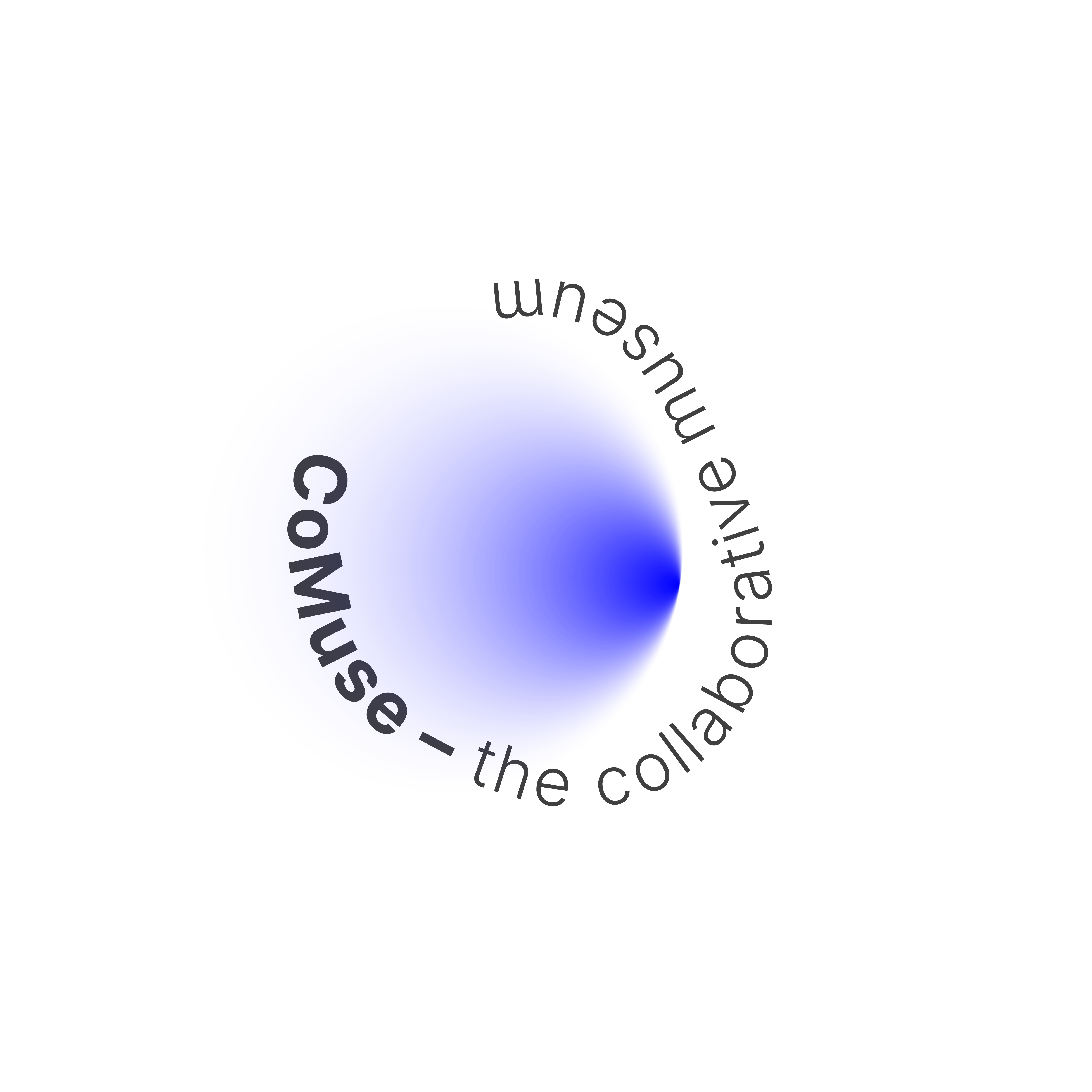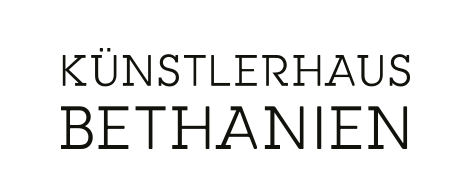Heritage Dialogues
{{ time.start_TS | TS2dateFormat('MMM') }}
{{ time.start_TS | TS2dateFormat('YYYY') }}
| free admission |
| no ticket required |
| English |
| Mechanical Arena in the Foyer |
| Part of: Guestroom |
Join us for an engaging discussion with Rachel Mariembe, Verena Rodatus, Maria Ellendorff, and Drossilia D. Igouwe that delves into the heart of collaborative research and cultural preservation.
How can museums serve as spaces of remembrance and preservation of cultural belongings? Why are archives so crucial in the restitution of Cameroonian cultural property? We will explore these questions and more, including the vital role of local communities in promoting and developing regional tourism.
This dialogue will also highlight the issue of local development through community museums, examining how these grassroots initiatives can become powerful tools for cultural preservation, education, and sustainable development.
With insights that promise to captivate not just experts but anyone interested in the intersection of culture, history, and community engagement, this discussion is not to be missed. It offers a unique opportunity to gain a deeper understanding of how heritage, restitution, and collaborative efforts are shaping the future of cultural preservation and local empowerment.
Participants
Dr Rachel Mariembe holds a PhD in Heritage Science. Head of Department of Heritage and Museum Studies at the Institute of Fine Art of the University of Douala in Nkongsamba, she is the Coordinator of the Heritage Sciences Laboratory of the UFD Arts and Heritage Sciences of the Doctoral School of Social and Human Sciences of the University of Douala. She has participated in the creation of seven Community Museums in Cameroon as well as the exhibition Sur la Route des Chefferies du Cameroun: Du visible à l’invisible at the Musée du Quai Branly Jacques Chirac in France. She is very active in provenance and partnership research, and Sensitization of Local Decentralised Authorities on the importance of promoting cultural heritage. She helped draw up the application for the Nguon Festival to be included on the Representative List of the Intangible Cultural Heritage of Humanity. She also led the application for the city of Nkongsamba to be included in UNESCO’s Creative Cities Network, which resulted in the city being admitted to the network in October 2023.
Dr Verena Rodatus is the curator responsible for the collections of West and Southern Africa at the Ethnologisches Museum Berlin. From 2015 to 2021, she was a research assistant in the Department of African Art at the Free University of Berlin. She has been researching and working in West Africa since 2003. Her research focuses on historical, modern and contemporary art and visual culture from Africa and the diaspora, critical museum studies and postcolonial theory. As a curator, she has played a key role in the restitution of cultural artefacts from Cameroon that were illegally exported during the period of German colonialism.
Maria-Antonie Ellendorff serves as the Deputy Curator for the West and Southern Africa collections at the Ethnologisches Museum in Berlin. Since 2024, she has been specifically responsible for coordinating the Cameroon section, fostering exchange between artists, researchers, and other stakeholders. From July to December 2024, she is also acting as the Restitution Coordinator as part of the Collaborative Museum project, a joint initiative by the Ethnologisches Museum and the Museum für Asiatische Kunst.
Drossilia D. Igouwe (M.A.) is scientific museum assistant in the Africa department of the Ethnologisches Museum. She is currently also working on her doctoraral thesis at the University of Augsburg on the reassessment of the cultural belongings of the Pangwe in the museum Kulturen der Welt in Lübeck, which were collected during the German colonial period, mainly by Günther Tessmann (1884-1969). Her doctoral thesis took her to field research in southern Cameroon, Equatorial Guinea and Gabon in 2020, 2021 and 2022.
Partner
Rachel Mariembe is a CoMuse Fellow at the Ethnologisches Museum and the Museum für Asiatische Kunst in [Datum/Zeitraum].
CoMuse – The Collaborative Museum is an initiative by the Ethnologisches Museum and the Museum für Asiatische Kunst that aims to develop multi-perspective approaches to collection-based research and to test new formats of international collaborative processes in order to intensify the decolonization and diversification of museum practices in sustainable ways.
The CoMuse Fellowship programme is supported by Künstlerhaus Bethanien, which provides a studio for artistic and scientific research.




